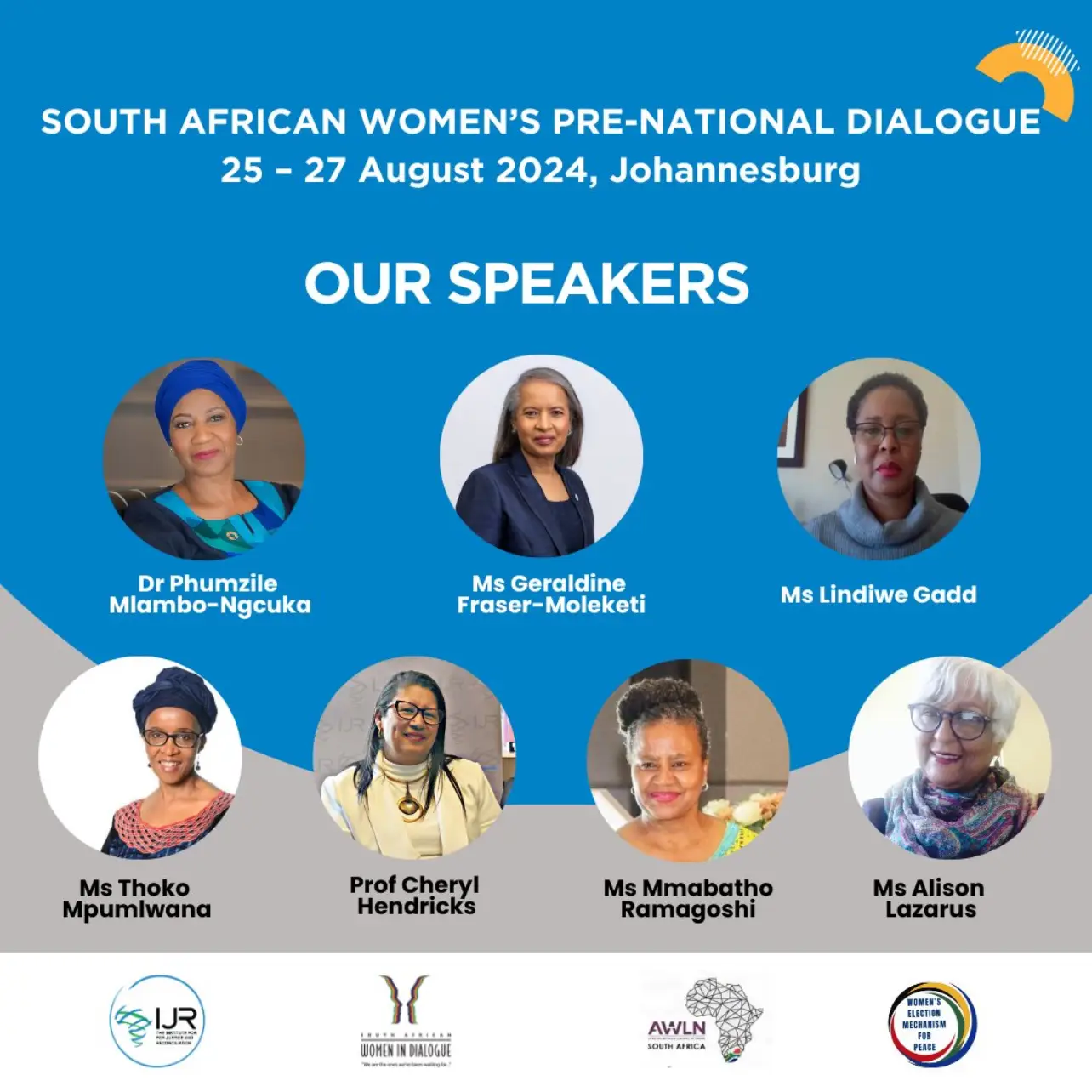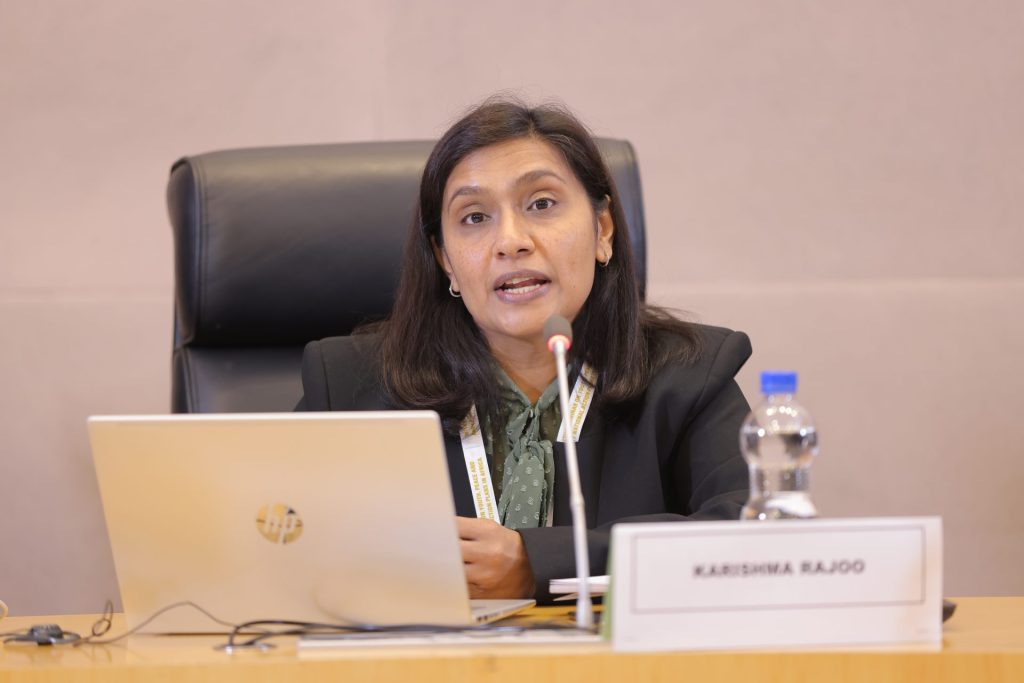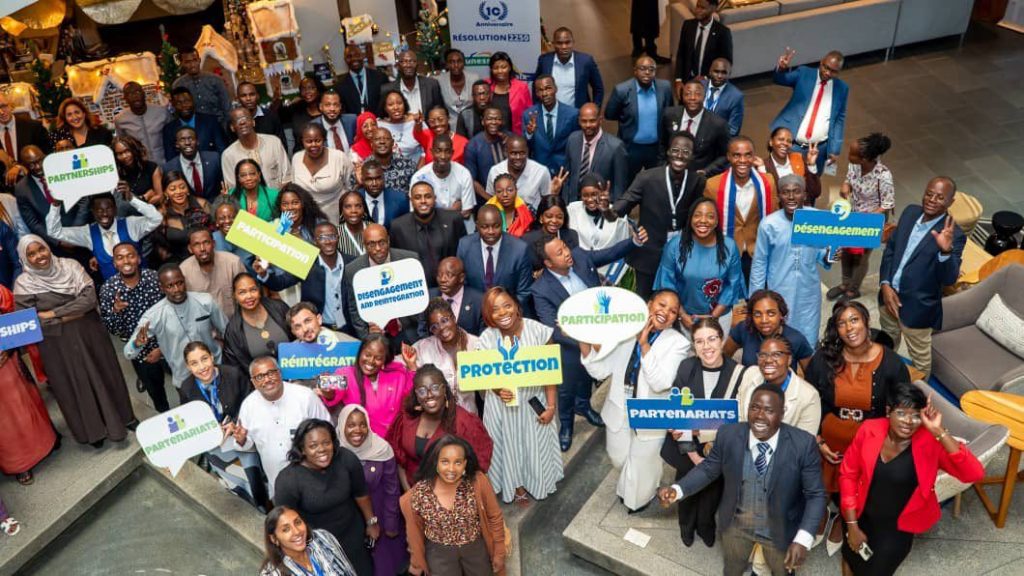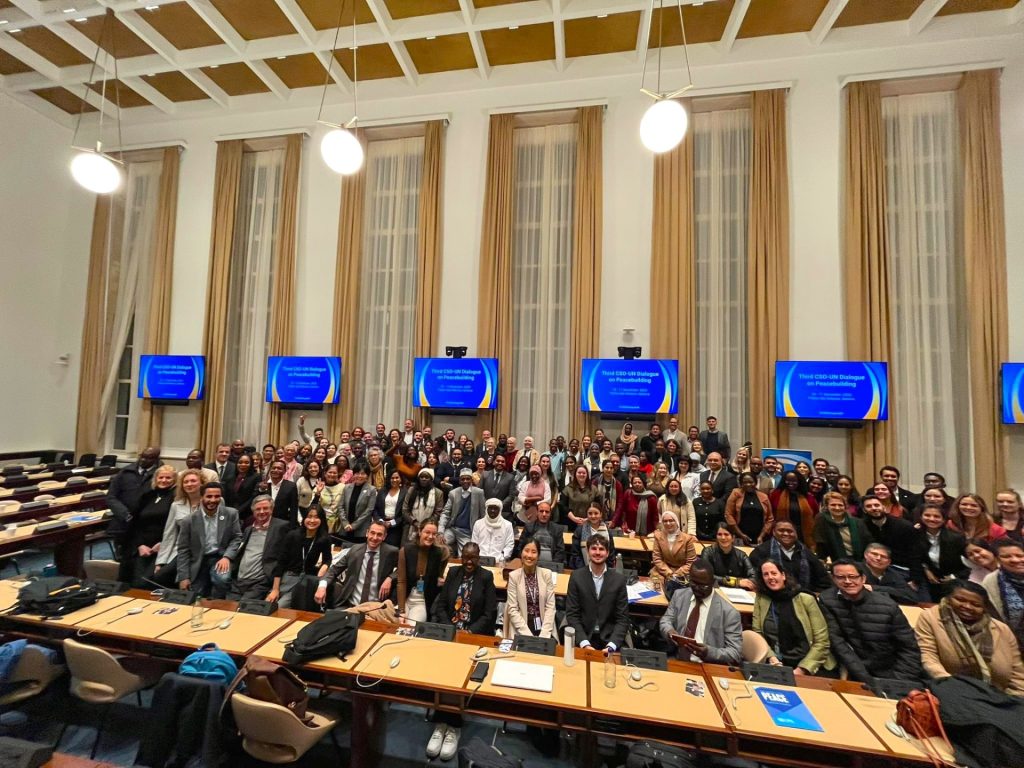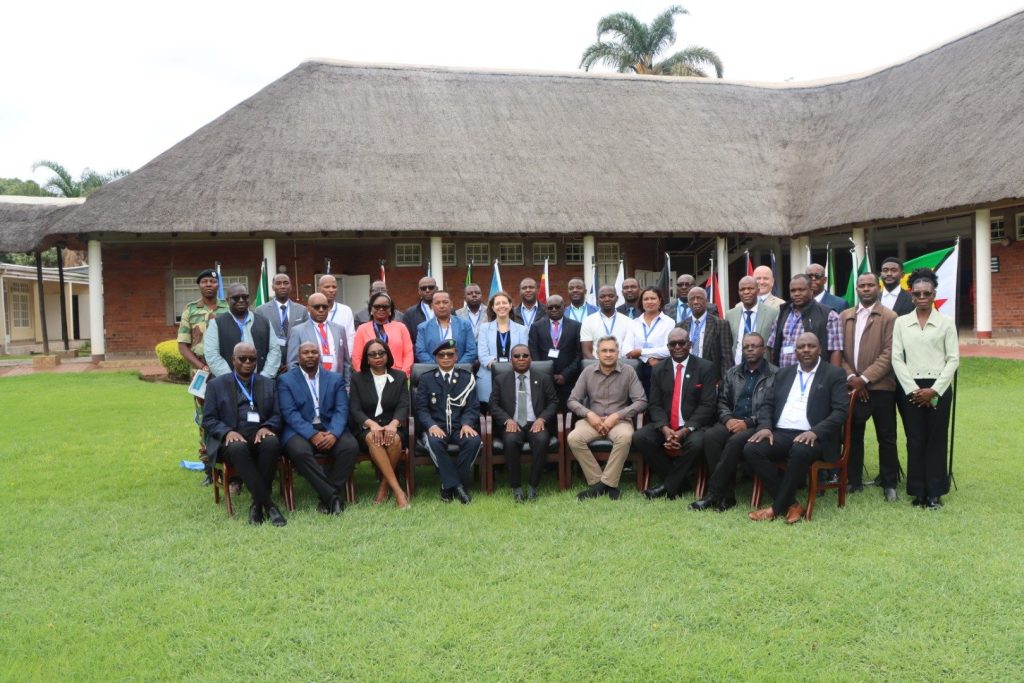From 25 – 27 August 2024, ACCORD participated in the South African Women’s Pre-National Dialogue aimed at preparing women to fully participate in the upcoming South African National Dialogue. Hosted by the Institute for Justice and Reconciliation (IJR), South African Women in Dialogue (SAWID), and the African Women Leaders Network (AWLN) South Africa, this event offered women a platform to present innovative, holistic solutions to complex societal challenges. Furthermore, this dialogue sought to inculcate a culture of politics based on a commitment to serving community, participatory democracy, and clean governance.
Key recommendations from this assembly emphasised the need for ongoing engagement, active involvement of men and boys, and a shared dedication to advancing women and girls throughout South Africa and beyond.
Discussions spanned issues of gender-based violence (GBV), political culture, ethical leadership, and the role of women in peace, security, and governance. The dialogue called for a reimagining of South Africa’s future through moral imagination and action-oriented strategies. Former Deputy President of South Africa, Dr. Phumzile Mlambo-Ngcuka raised concerns about deepening inequality and insecurity in South Africa, stressing the need for collective action and organized strategies to foster hope and progress.
The dialogue delved into systemic challenges, such as limitations within political parties, the absence of ethical leadership, and persistent inequalities. There was an emphasis on creating intergenerational platforms, engaging with youth, and addressing barriers in economic development. Other priority areas included local economic development for women, land reform, financial models for women’s access to resources, and education that supports the empowerment of women in the informal sector.
The participants agreed that although recommendations were crucial, taking actionable steps toward implementing change, such as implementing gender quotas in leadership, reforming education, and promoting local economic development, were equally important. The discussion emphasised the crucial role of women’s collective agency in driving sustainable and inclusive change in South Africa.

